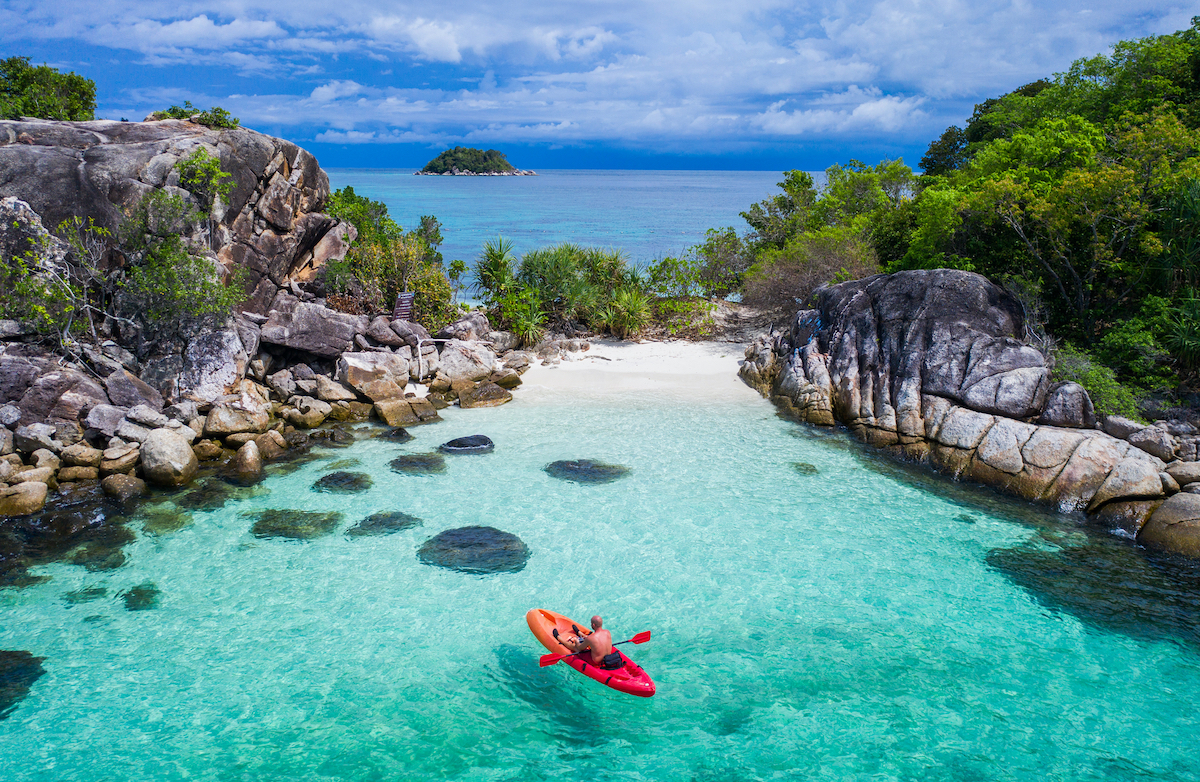Thailand’s tourist entry fee to generate 3.9 billion baht this year

Thailand is expected to gain 3.9 billion baht (US$112 million) in revenue this year by charging tourists an entry fee beginning June 1, Tourism Minister Phiphat Ratchakitprakarn said yesterday.
Last week, Thailand’s Cabinet approved the collection of an entry fee from all foreign tourists, effective June 1.
Foreigners arriving by air will be charged 300 baht (US$8.67) and those arriving by land/sea will be charged 150 baht (US$4.34), as proposed by the National Tourism Policy Committee.
Phiphat estimates that 13 million tourists will visit Thailand between June 1 and the end of the year, generating almost 4 billion baht in collected entry fees.
The tourism minister said that 650 million baht will be spent on travel insurance for tourists and the remaining 3.25 billion will fund tourism development.
Foreign tourists arriving in Thailand by air will be required to pay 300 baht to enter Thailand, which will be included as part of the airfare, said Phiphat. Airlines will take 5% (15 baht per tourist) to cover operating costs.
The government is engaging in discussions with airlines to organise the collection of the entry fee, said Phipat.
The fee will be halved to 150 baht for foreigners who arrive in Thailand via land/sea border, who will pay via a kiosk machine, a website or an application, said the minister.
The ministry is still deciding where to install machines so this payment option may be implemented later, added Phiphat.
Holders of Thai passports, diplomatic passports, work permits, special work permits for specific professionals set by the Labour Ministry, transit passengers, and children under two years old are exempt from paying what Thailand calls the “stepping on the land fee.”
Thailand is one of 40 countries in the world collecting an entry fee from foreign tourists. However, Thailand is the first country to use the collected tax to give back to tourists through welfare, which will help tourists feel safe and confident, according to government spokesperson Trisulee Traisoranakun.
The government is yet to advise whether tourists are still recommended to take out their travel insurance policies.
Latest Thailand News
Follow The Thaiger on Google News:


























